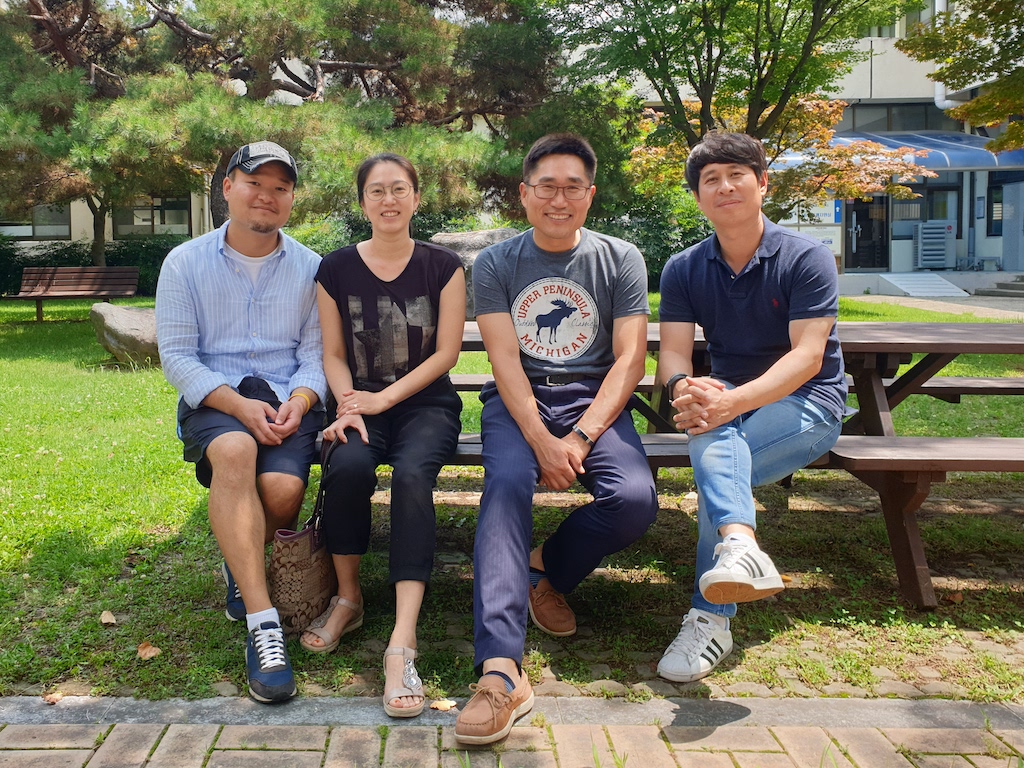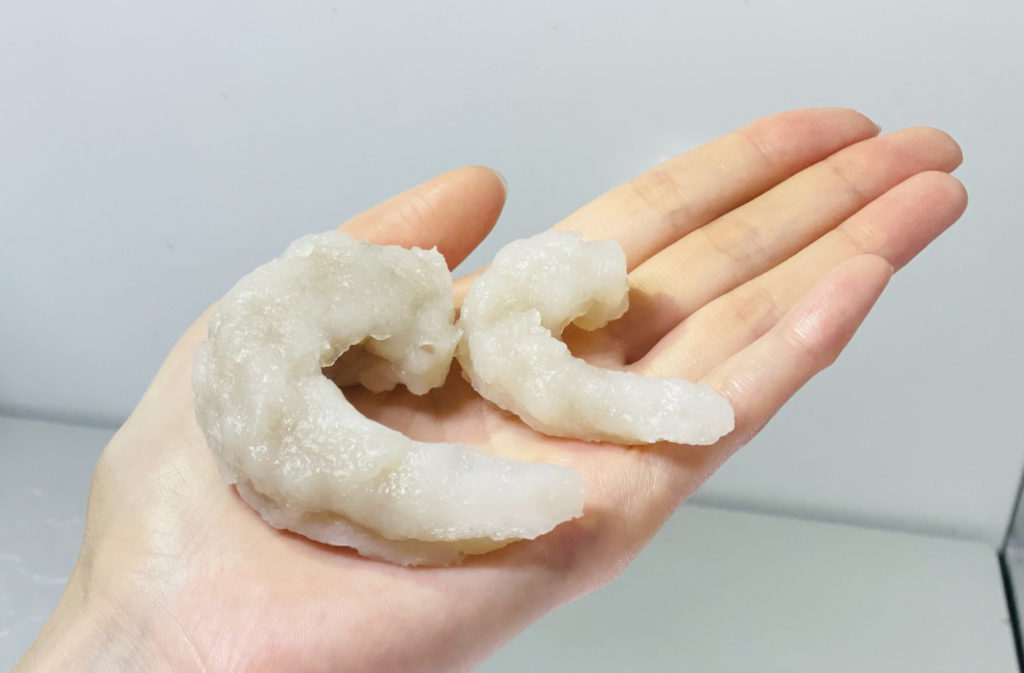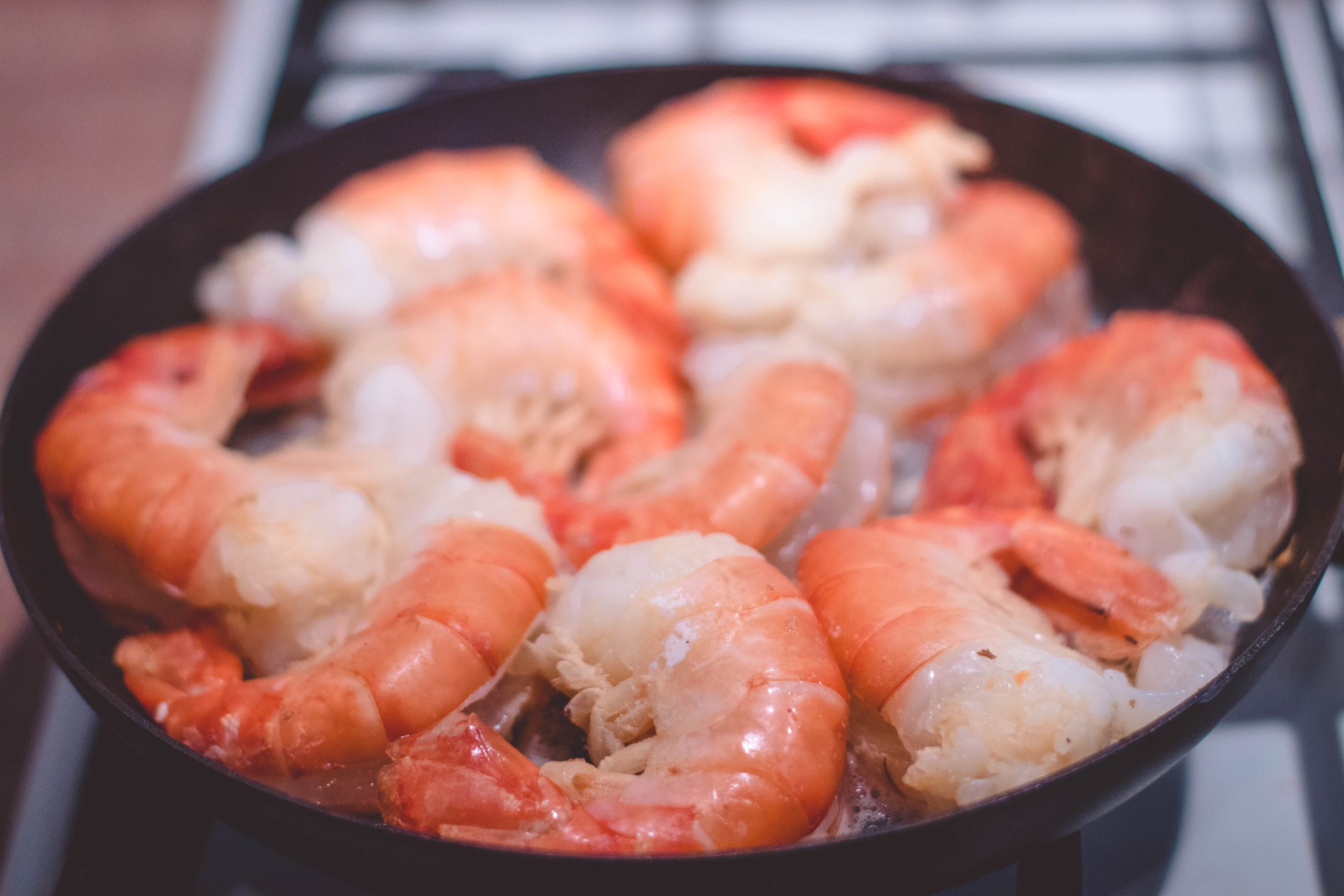3 Mins Read
South Korea’s cultivated seafood startup CellMEAT has closed an $8.1 million Series A funding round. Investors included NaulB, BNK Venture Capital, Strong Ventures and Ryukyung. An extension of the round is being considered for later in 2022 following the raise’s success.
The new funding will allow CellMEAT to continue its R&D activities to perfect its cultivated shrimp prototype as well as developments in cell-based crab and lobster. Production capabilities are expected to be increased alongside, with CellMEAT aiming to go from five to 10 kilograms of shrimp per day. The ramp-up comes ahead of a planned launch into Singapore.

CellMEAT eyeing the Singaporean market
The cultivated seafood startup has made its intentions to enter Singapore clear. Still the only country to approve cultivated meat products for sale, Singapore represents an opportunity to bring cell-based seafood to consumers in the near future.
CellMEAT say it hopes to bring its shrimp to the Singapore market by 2023, through B2B and B2C channels. From there, a wider rollout throughout Asia is the goal.
The path to Series A
CellMEAT had a successful 2021. The startup secured $4.5 million in a pre-Series A in February, to facilitate lowering its production costs. The result was a fetal bovine serum-free culture medium that the company debuted in early December.
Describing its medium breakthrough as a vehicle for the production of 100 percent ethical cultivated meat, CellMEAT appears to be the first to unveil such a development. CSF-A1 has been created as a cell culture to be used exclusively by CellMEAT, not as a product to be released to fellow cultivated outfits. It is claimed to have brought down the potential cost of cultivated shrimp to $20 per kilogram.
Despite its exclusive nature, CEO Giljun Park noted at the time that the development could allow South Korea to start competing with better-funded cultivated sectors of the world, including the U.S. and Israel.
At the end of December, CellMEAT debuted its most impressive accomplishment to date: the world’s first cultivated Dokdo shrimp. The prototype was replicated in a number of sizes and shapes, using the company’s proprietary serum-free culture medium. Following positive tasting notes, CellMEAT revealed its intention to create expensive seafood varieties that cannot be effectively or ethically farmed, including king crab.

Red tape from the Korean government
Despite progress in its facility, CellMEAT continues to face domestic commercialisation challenges, hence looking to Singapore as an initial launch market. The Korean government has yet to sign off on an official definition for cultivated meat, meaning regulatory frameworks cannot yet be shaped. This impacts production standards and other operational parameters that would be essential for the eventual sale of cultivated items.
Cultivated seafood’s upstream battle
Joining CellMEAT in the race to bring cell-based seafood to consumer plates is the U.S.’s Upside Foods. Announcing its own serum-free medium one day after CellMEAT, the company went on to acquire Cultured Decadence, a Wisconsin alternative seafood startup. Similar to CellMEAT, it is focused on lobsters and high-end crustaceans.
In Asia, where demand for seafood of all varieties remains high, cultivated options are proving to be a viable focus for food techs. From Singapore’s Shiok Meats and Umami Meats to Hong Kong’s Avant Meats and China’s CellX, there are multiple companies looking to secure sustainable seafood as a future food source.
Over in California, BlueNalu is pressing ahead with its development of cultivated mahi-mahi and bluefin tuna. It revealed partnerships with conventional seafood producer Thai Union and Mitsubishi last year, to start gaining ground in Asia.
Lead photo by Valeria Boltneva at Pexels.





